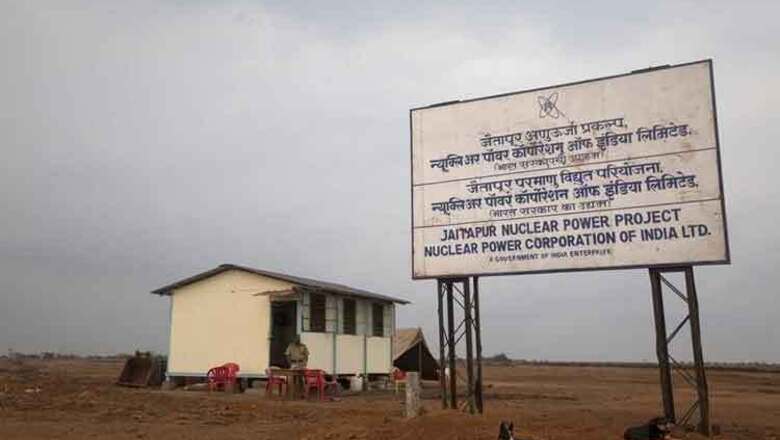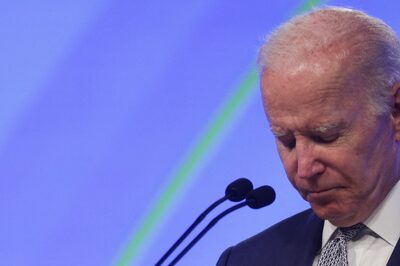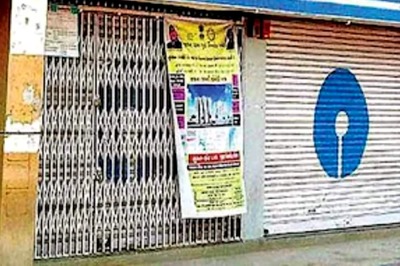
views
New Delhi: India ratified an international convention on nuclear energy accident liability, the government said on Thursday, the final piece in its efforts to address the concerns of foreign nuclear suppliers and draw them into a market worth billions of dollars.
Nuclear reactor makers such as General Electric have been reluctant to set up plants in India because of a 2010 liability law that makes equipment suppliers potentially accountable for accidents, not just the plant operators as is the global norm.
Since then, India which wants to ramp up the share of nuclear power from barely 3 per cent to 25 per cent by 2050 has been trying to assuage the fears of the nuclear suppliers.
In 2015 it launched an insurance pool with a liability cap of $225 million to cover the suppliers' risk of potential liability.
On Thursday, the External Affairs Ministry said it had submitted the document to ratify the Convention of Supplementary Compensation for Nuclear Damage, which seeks to establish a uniform global legal regime for the compensation of victims in the event of a nuclear accident.
"This marks a conclusive step in the addressing of issues related to civil nuclear liability in India," the External Affairs Ministry said after the document was handed to the International Atomic Energy Agency in Vienna.
Energy-starved India plans to construct about 60 nuclear reactors and has been in talks with Westinghouse Electric Co LLC, GE as well as France's Areva for setting them up at sites already selected around the country.
Russia is separately building six reactors in southern India and is in talks for another six. The total size of the Indian market is estimated at $150 billion dollars, making it equal to or just behind China's.
India expects to seal an agreement with Westinghouse to build six reactors by the first half of this year, a government official said in December 2015, after it ratified the international convention on compensation.




















Comments
0 comment